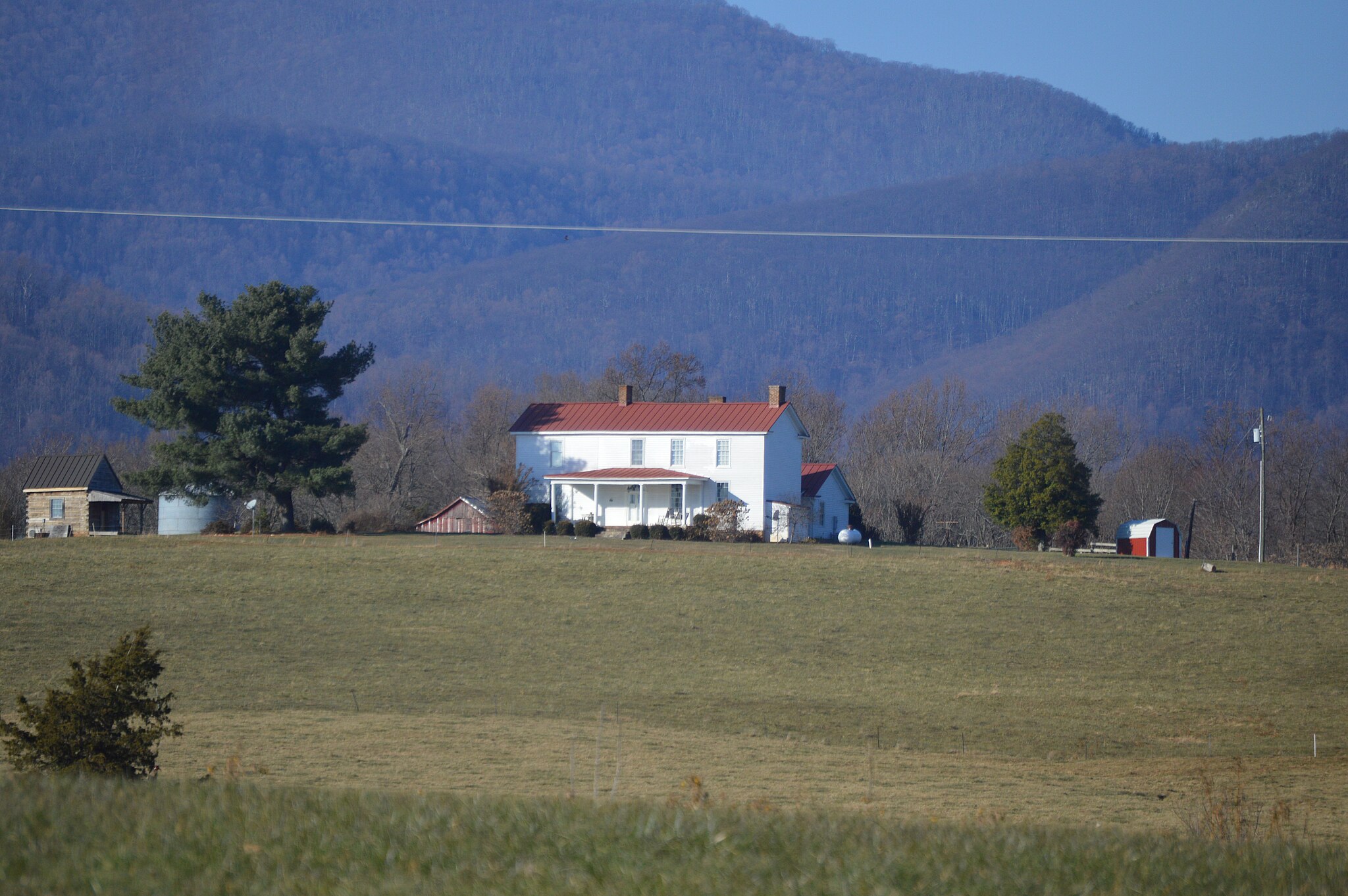Featured in

- Published 20241105
- ISBN: 978-1-923213-01-2
- Extent: 196 pp
- Paperback, ebook, PDF


Already a subscriber? Sign in here
If you are an educator or student wishing to access content for study purposes please contact us at griffithreview@griffith.edu.au
Share article
More from author

Nobody panic
Non-fictionThe desert of the real is now where most teens search for answers to life’s big questions: what is love? Who am I? What is truth? The images of reality we create hold messages about reality. Copies of copies of copies though they may be, they nonetheless have a material effect on our children’s thoughts, behaviours, opinions. Consumerism. Communism. Sexism. Cancelism. Nationalism. Anarchism. Stoicism. Humanism. Ideas about what we should live like, look like and love like, what it means to be a man or a woman, what it means to be an individual or part of a community, are all displayed on a screen in their pockets. The influence is profound, but not necessarily sinister if they are taught to interrogate what they consume.
More from this edition

Tawny child
FictionCarefully, Morgan loosened the fabric. The crying increased in volume. Eventually, the small dark head of a bawling, tawny child emerged into the clear light. Morgan looked at the child with her eyes narrowed and her lips pursed, as if she were considering an heirloom of unknown value. Hans took the envelope from the fingers of the man in the blue suit and tore the gold seal. Inside were five crisp, dry banknotes. The man in the blue suit told them that such payments would be forthcoming every month, and that the child’s name was Many-gift in the local dialect, but they were to refer to him as Albert and raise him as their own.

Kale
Poetry In her arms she cradles the kale, knowing these are precious days. She stares down lovingly at the kale, who stares back. She’s never sure...

Under a spell
Non-fiction IT COSTS £3 to visit the gateway to hell. Midsummer and I’m somewhere on the border between Derbyshire and Nottinghamshire, staring down the black...